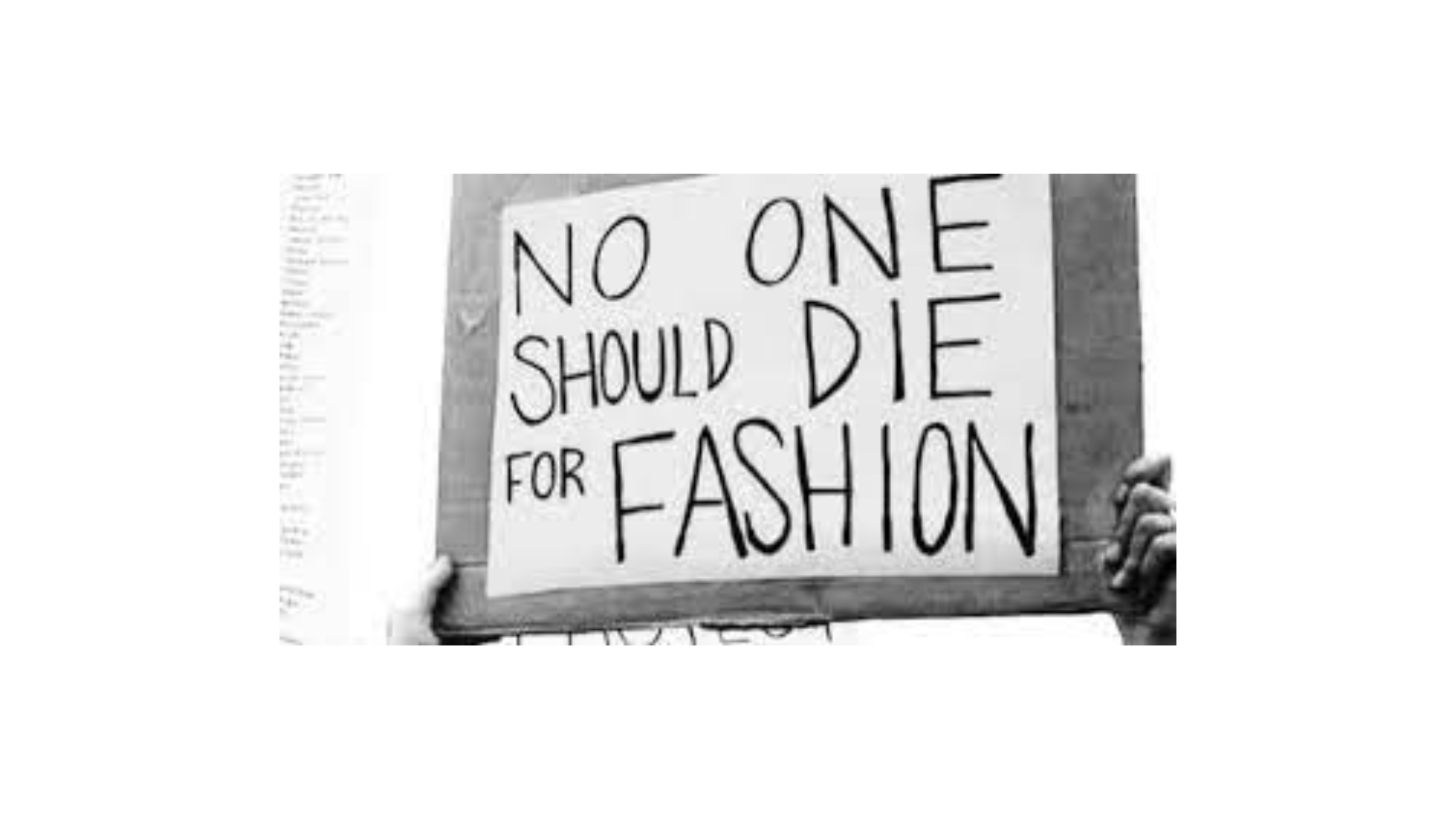In the vast and fascinating world of fashion, there is a dark side that often remains hidden behind the bright lights of the catwalks and the glittering shop windows. The exploitation of workers in the textile industry is a global problem that requires serious attention and action. However, there are important tools that can help fight this scourge, and among these are textile certifications.
Exploitation in the world of fashion
The exploitation of workers in the textile sector is a sad and widespread reality in many parts of the world. From developing countries to Western metropolises, thousands of people are forced to work in inhumane conditions to produce the clothes we wear every day. Long hours, paltry wages, lack of job security and discrimination are just some of the injustices that afflict workers in the industry.
This exploitation not only affects the workers directly involved in clothing production, but also extends to local communities and the environment. The rapid production of low-cost clothing leads to increased exploitation of natural resources and serious environmental problems such as water pollution and the accumulation of textile waste.
The importance of textile certifications
Fortunately, there are organizations and initiatives that seek to combat exploitation in the textile sector, and one of the most powerful weapons in this fight are textile certifications. Certifications are standards and quality marks that attest to compliance with certain environmental and social criteria along the entire textile production chain.
One of the most renowned and reliable certifications is the Global Organic Textile Standard (GOTS). This international standard ensures that fabrics are produced using organic farming practices, that no harmful chemicals are used during production and that strict social standards are adhered to throughout the supply chain.
You can find GOTS certified Shenty items by clicking here
Other important certifications include Fair Trade Certified, which ensures that workers are treated fairly and receive decent wages, and OEKO-TEX Standard 100 certification, which ensures that fabrics are free of chemicals harmful to human health.
The power of conscious consumers
As consumers, we have a crucial role in fighting exploitation in the fashion world. We can make a difference by choosing to support brands and products that carry recognized textile certifications. Every time we purchase a certified item of clothing, we are sending a clear message to companies that sustainability and respect for human rights are important to us.
Additionally, we can do our part by educating ourselves on issues related to ethical and sustainable fashion, demanding transparency from companies about their supply chains, and supporting initiatives that promote social and environmental justice in the textile sector.
Conclusion
Exploitation in the world of fashion is a serious problem that requires immediate attention and action from all of us. Textile certifications are a powerful tool in combating this scourge, ensuring that our clothes are produced in an ethical and sustainable way. As conscious consumers, we have the power to make choices that make a difference. We choose to support brands and products that respect human rights and the environment, and work together to create a fairer and more sustainable textile industry for all.
